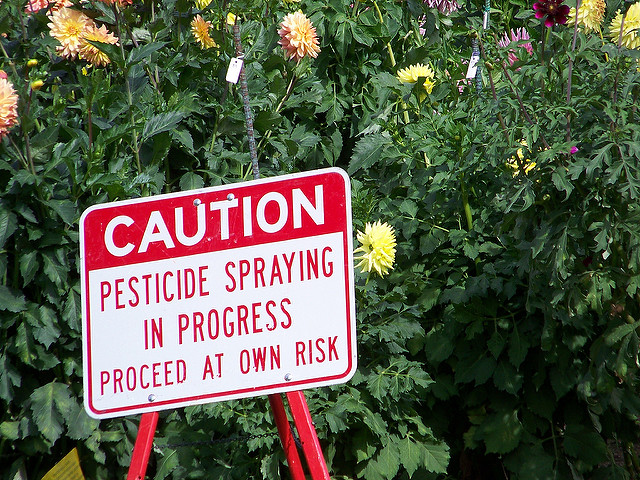The U.S. Environmental Protection Agency (EPA) is taking aim at two rules designed to prevent exposure to toxic chemicals by workers under the age of 18. The agency has filed notices with the federal register of its intent to either tweak or outright eliminate these protections for underage workers.
The first rule the agency is looking to change is one the Obama administration adopted in 2015 which prohibited farmworkers under the age of 18 from handling and dispersing certain pesticides deemed too toxic for public sale. Typically, the pesticides used on large agricultural sites contain far more potent and toxic chemicals, and these pesticides are only available for sale to commercial farms due to their toxicity. These are known as “restricted use” pesticides, and the EPA provides a full list of the thousands of chemicals that fall into this category.
According to HuffPost, the rules were put in place in 2015 after doctors lobbied for tighter restrictions for underage workers due to the potential impacts of this class of chemicals on the still developing bodies of children, and they warned about very severe health impacts that these chemicals could have on brain development.
The second rule is related to the first and would loosen restrictions on who could be certified to dispense such toxic pesticides, which would open the door for minors to gain this certification.
As DeSmog has pointed out in the past, children are far more susceptible to chemical toxicity than adults, making these proposed rule changes a potential disaster waiting to happen:
As the Centers for Disease Control explains, children require more food, oxygen, and water than adults in comparison to their body size. This means that a contaminant in any one of those areas will have a greater presence in the body of a child compared to the body of a full grown adult.
The CDC also says that some organ systems within the body do not fully mature until a child is in their teens, and a developing system is far more susceptible to pollutants than an established organ system, as different pollutants can delay or alter development.
The CDC lays out how different types of environmental contaminants affect children differently than adults: “Exposure to the same chemical may cause different health outcomes in children compared with adults. A well-known example is the effect of lead on young children’s developing nervous systems. Lead does have effects on the nervous systems of adult workers, which result in peripheral neuropathies. For children, however, intellectual development is exquisitely sensitive to even small amounts of lead; this sensitivity is not seen in adults.”
Many of the pesticides that are classified as “restricted use” include at least one chemical related to at least one major health effect, according to a study by researchers in Greece.
For very obvious reasons, changing these protections could result in health disasters for youth in the U.S., particularly those working on farms. These rules were adopted on the advice of medical professionals, and changing these protections would only further show that the current administration, and EPA administrator Scott Pruitt, will continue to side with industry interests over science and public health.
Main image: Pesticide application warning sign in Manito Park in Spokane, Washington. Credit: jetsandzeppelins, CC BY 2.0
Subscribe to our newsletter
Stay up to date with DeSmog news and alerts







